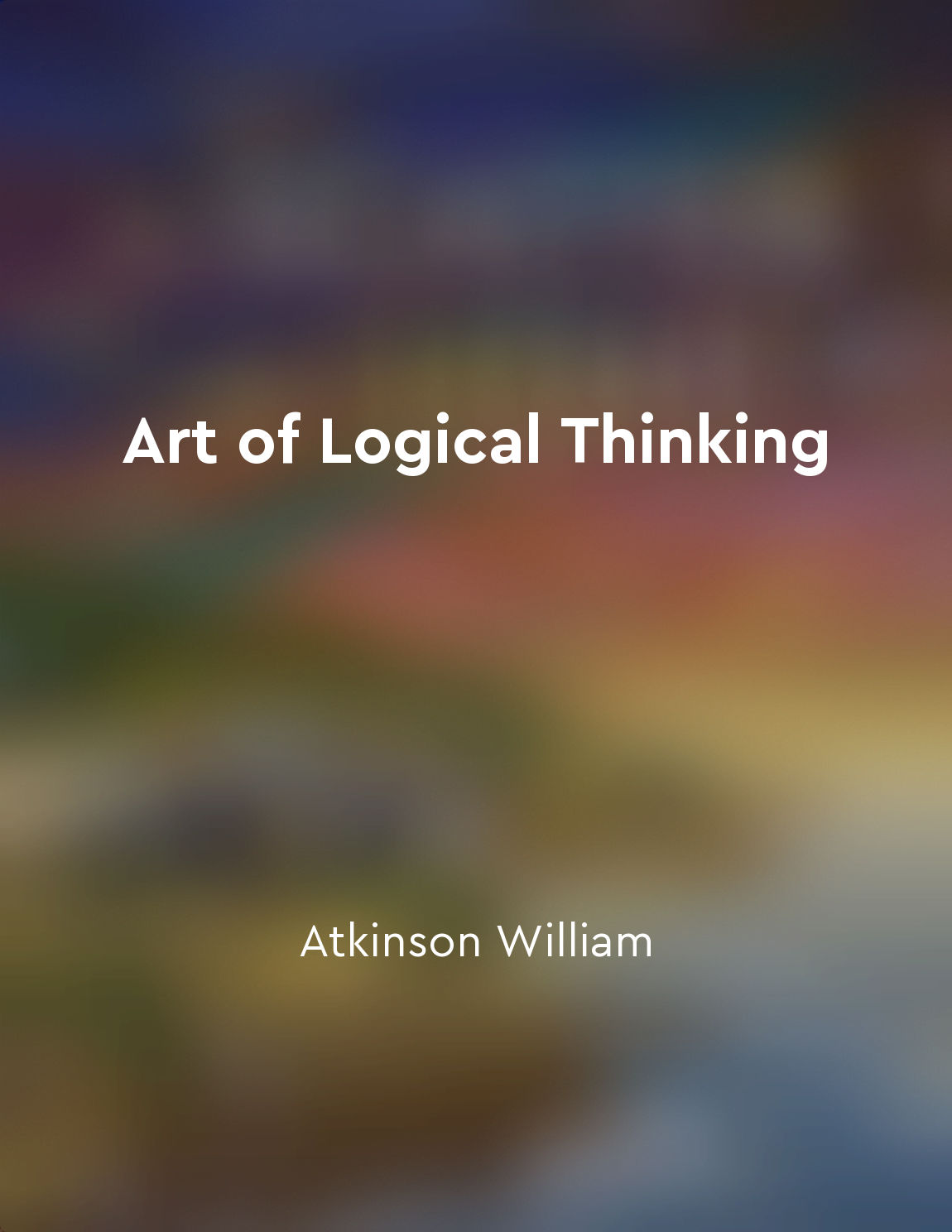Audio available in app
Epistemology investigates the nature of knowledge and belief from "summary" of The Philosophy Book by DK
Epistemology delves into the fundamental questions that underpin our understanding of knowledge and belief. It seeks to uncover the nature of knowledge - what it is, how it is acquired, and how we can be certain of it. By exploring the foundations of belief systems, epistemology aims to provide a framework for assessing the validity of our beliefs and the justification for holding them. One of the central concerns of epistemology is the concept of truth. How do we determine what is true and what is not? Is truth subjective or objective? These questions lie at the heart of our quest to comprehend the nature of knowledge and belief. Epistemologists examine the different sources of knowledge, such as perception, reason, and testimony, to unravel the complexities of truth and its connections to belief. Moreover, epistemology investigates the relationship between belief and justification. How do we justify our beliefs? What constitutes a valid reason for holding a belief? These inquiries lead us to explore the criteria by which we evaluate the rationality and reliability of our beliefs. By analyzing the logical foundations of belief systems, epistemology sheds light on the processes by which we form, revise, and defend our beliefs. Furthermore, epistemology examines the limits of knowledge. Are there boundaries to what we can know? How do we distinguish between knowledge and mere opinion? These questions challenge us to confront the uncertainties and ambiguities that surround our understanding of the world. Through the critical scrutiny of our cognitive abilities and limitations, epistemology seeks to refine our grasp of knowledge and belief.- Epistemology serves as a cornerstone of philosophical inquiry, probing the nature of knowledge and belief to elucidate the intricacies of human understanding. By grappling with the complexities of truth, justification, and the boundaries of knowledge, epistemology enriches our intellectual pursuits and deepens our appreciation of the mysteries that enshroud our perceptions of reality.
Similar Posts
Our minds can deceive us, leading to errors in judgment
Our minds often trick us into believing that we are perceiving the world accurately, but in reality, we are prone to errors in ...

Embrace personal growth
To truly progress in life, it is essential to welcome personal growth with open arms. This means being willing to step out of y...
Rationality is limited by human imperfections
It is undeniable that human beings possess a certain degree of rationality. We are capable of making logical deductions, drawin...
Mindset shapes our perception of reality
Our mindset plays a crucial role in how we perceive reality. It acts as a lens through which we view the world around us, color...

Inductive reasoning generalizes from evidence
Inductive reasoning is a method of reasoning that involves moving from specific observations to broader generalizations. This t...
The universe is a vast and complex place, waiting to be explored
The cosmos is a vast and intricate realm, filled with wonders beyond our wildest imagination. From the smallest subatomic parti...
Intellectual curiosity drives scientific discovery
The universe is a vast and wondrous place, full of mysteries waiting to be uncovered. It is through the lens of intellectual cu...
The human genome reveals our shared ancestry with other species
The human genome is a remarkable source of information that provides insights into our shared ancestry with other species. By e...
Plato's dialogues introduced complex philosophical concepts
Plato's dialogues are a remarkable feature of his philosophical works. Through these dialogues, Plato introduced a wide array o...

